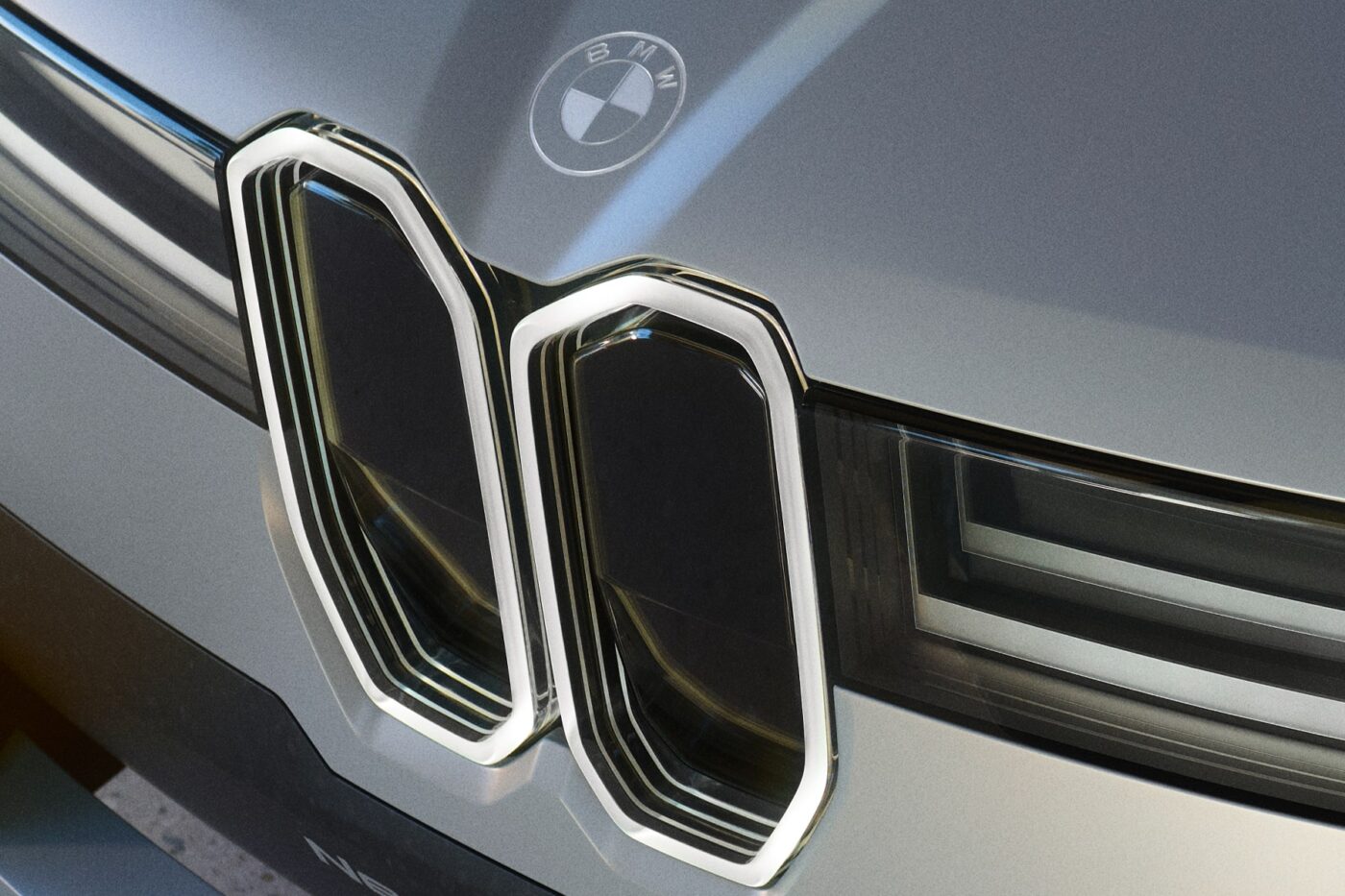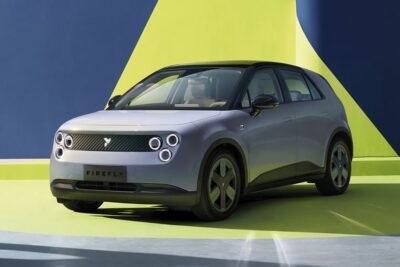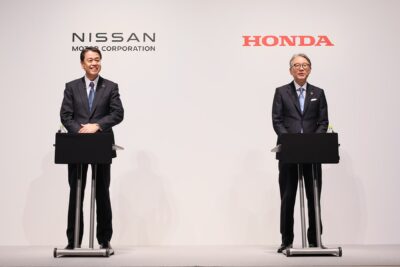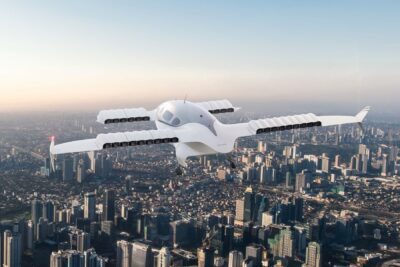BMW i1 and BMW i2 given internal approval for launch
The BMW i1 and BMW i2 have received the green signal, says a new report from Autocar. The development of these entry-level EVs has commenced at the BMW Group Research and Innovation Centre in Munich, Germany. The German automaker aims to make its EV line-up more accessible by launching these lower-priced models. Currently, the BMW i range in the company’s home market starts with the iX1, priced from €48,400.
Detailed plans for the BMW i1 and BMW i2 still seem shrouded in secrecy, as there’s no definitive word on their body style. The British publication says BMW may sell the i1 as a hatchback or a sedan and the i2 as a compact crossover with the option of a coupe body style. Internal sources privy to the development suggest the i2 will be a spiritual successor to the i3 (I01), the radical electric small hatchback BMW manufactured for some eight and a half years between 2013 and 2022.
The BMW i1 and BMW i2 may feature a design inspired by the BMW i Vision Circular show car. Certain design cues may come from the larger BMW i Vision Dee and BMW Vision Neue Klasse X concepts as well, widely expected to evolve into the next-gen BMW i3 sedan and next-gen BMW iX3, respectively.
The new entry-level BMW i models will be based on an ‘NBx’ version of the Neue Klasse 800-volt, dedicated EV platform. Additional versions of this platform include ‘NAx’ and ‘NDx,’ planned for larger and more luxurious models, as well as ‘ZAx,’ set to underpin BMW M electric sports cars. The NBx version will allow FWD and AWD drivetrain layouts, just like the 400-volt FAAR platform that underpins the BMW iX1.
Being entry-level EVs, the BMW i1 and BMW i2 may have batteries with lesser energy density than larger and more expensive models and thus require charging more frequently. However, thanks to their 800-volt platform, they should be able to take advantage of ultra-fast chargers and ensure customers find them convenient and practical. The batteries will likely be the module-less units consisting of BMW’s sixth-gen, cylindrical cells that have more than 20% higher energy density, reduce charging time by up to 30%, and increase range by up to 30% compared to the fifth-gen, prismatic cells currently in use.
Affordable models like the BMW 1 Series and BMW 2 Series have lower profitability but are essential to remain relevant to younger customers and growing in certain markets, Bernd Körber, the company’s product boss, said during a conversation with Autocar recently. The discontinuation of the Mercedes A-Class hatchback in the future should give BMW more room to play in the compact luxury car segment.
The BMW i1 will hit the first market in 2027 and the BMW i2 will follow in 2028.





0 Comments